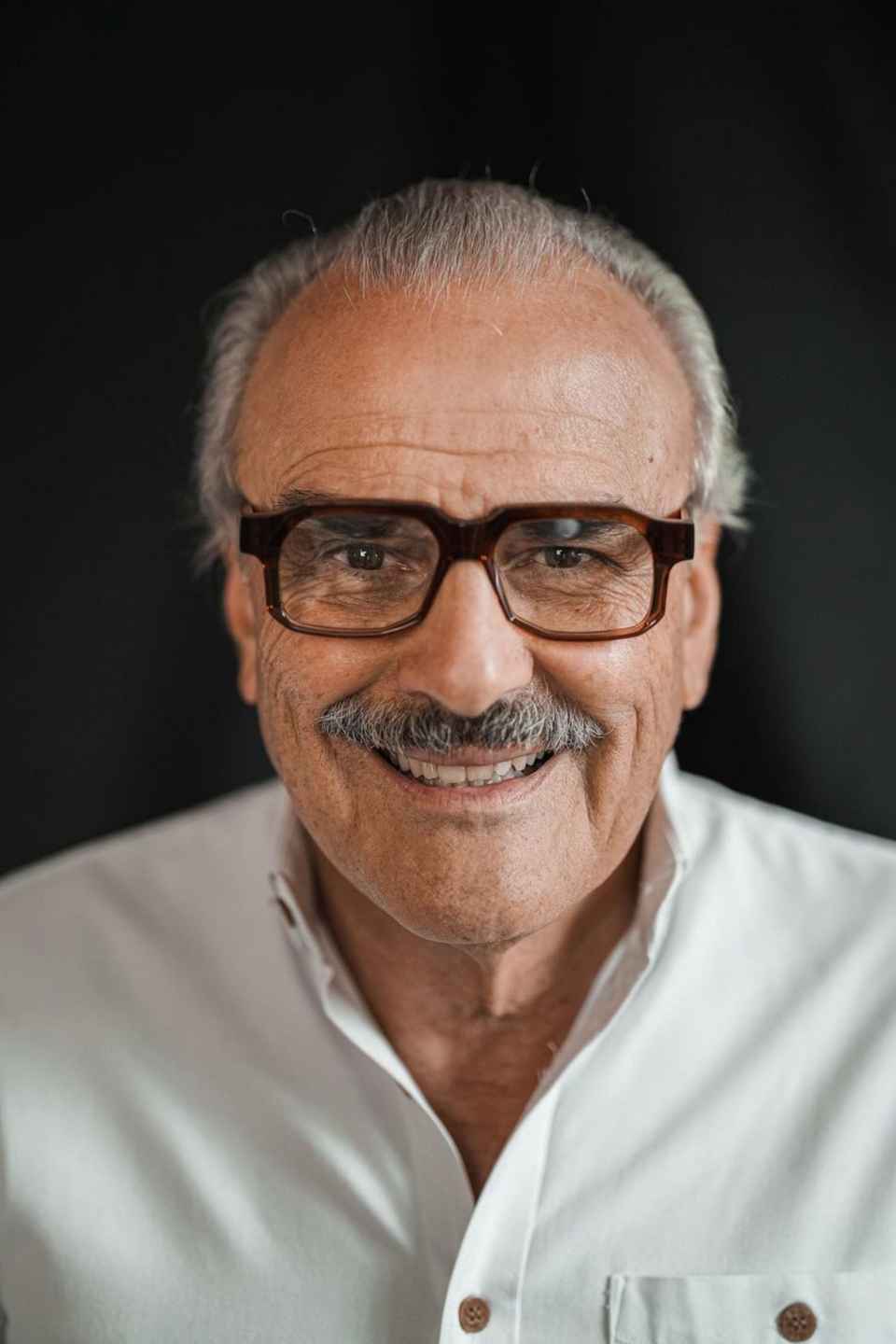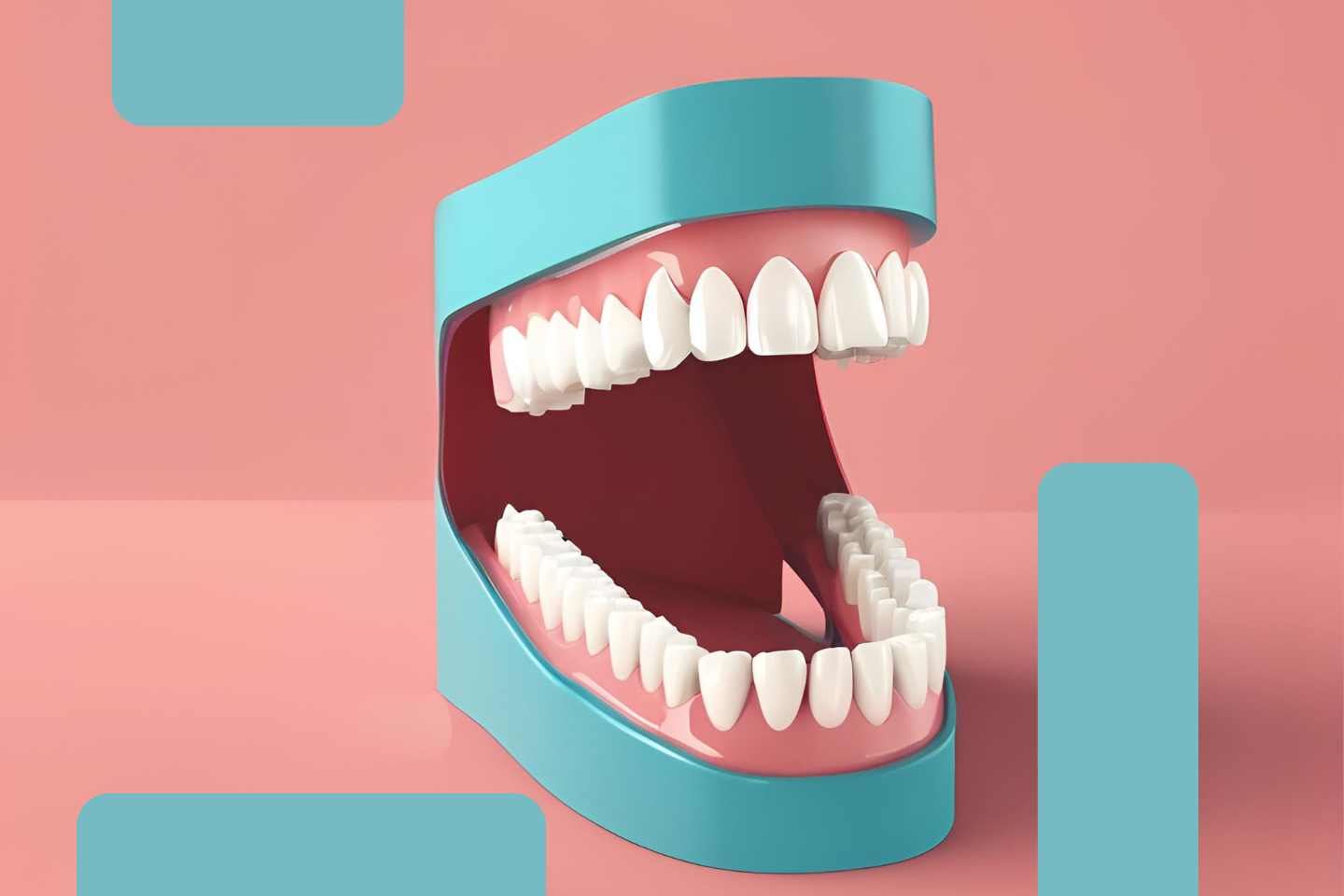%20(3).png)
Mexican dental clinics adhere to rigorous safety and hygiene standards, comparable to those in the U.S., ensuring patients receive high-quality, infection-free care through advanced sterilization protocols, modern technology, and trained staff.

Sep 14, 2024

Top dental clinics in Mexico often adhere to standards set by international organizations like the American Dental Association (ADA) and the Occupational Safety and Health Administration (OSHA), as well as the Mexican Council of Medical Tourism. Many clinics undergo periodic audits to ensure compliance with these international protocols, which cover equipment sterilization, personal protective equipment (PPE), and general hygiene standards. By aligning with these guidelines, Mexican clinics provide the same levels of safety that patients expect in their home countries.
Most reputable dental clinics in Mexico use advanced sterilization technologies similar to those used in the United States. Autoclaves, which are devices that use high-pressure steam to sterilize dental instruments, are the gold standard and are widely used. Autoclaving is known for its effectiveness in eliminating all bacteria, viruses, and pathogens from instruments, ensuring that each tool used in procedures is completely sterile.
In addition to autoclaving, many clinics also incorporate chemical sterilization and ultrasonic cleaning for an extra layer of safety. Tools that are not disposable undergo rigorous sterilization cycles before each use, with clinics ensuring that they meet specific cleanliness requirements.
In an effort to further minimize infection risk, Mexican clinics increasingly use disposable, single-use tools for procedures. Items like dental probes, needles, gloves, and masks are all disposed of after each use to prevent cross-contamination. For equipment that cannot be discarded, clinics often use protective barriers, such as plastic coverings for dental chairs and other surfaces that may come into contact with patients.
These barriers are replaced between patients, reducing the likelihood of cross-contamination and creating a safer environment. This focus on disposables and protective barriers has become standard practice in high-quality dental clinics throughout Mexico.
Trained Staff and Strict Hygiene Protocols
The best dental clinics in Mexico employ staff who are well-trained in hygiene and infection control. Dentists and assistants are not only required to wear PPE, including gloves, masks, and gowns, but are also trained in best practices for hygiene, such as handwashing protocols and the proper handling of sterile instruments. Additionally, clinic staff receive ongoing training on how to maintain a sterile environment, with refresher courses often required to keep their skills up-to-date.
Clinic Environment and Air Quality Control
In many reputable Mexican clinics, cleanliness goes beyond sterilization of tools; it extends to the overall clinic environment. Some clinics employ air filtration systems to ensure that the air quality in the treatment rooms remains high, filtering out any potential airborne pathogens. Routine cleaning of all surfaces with medical-grade disinfectants is another layer of defense, creating a controlled, sterile environment where patients can feel safe.
What Patients Can Expect
As a patient, you can expect that before your treatment begins, all tools will have been sterilized and the treatment area will be fully prepared. Many clinics allow patients to observe the unwrapping of sterilized instruments, providing transparency and peace of mind. Additionally, the use of digital X-rays and other non-invasive diagnostics can help further reduce the need for certain types of equipment, lowering the risk of contamination and making the experience more comfortable.